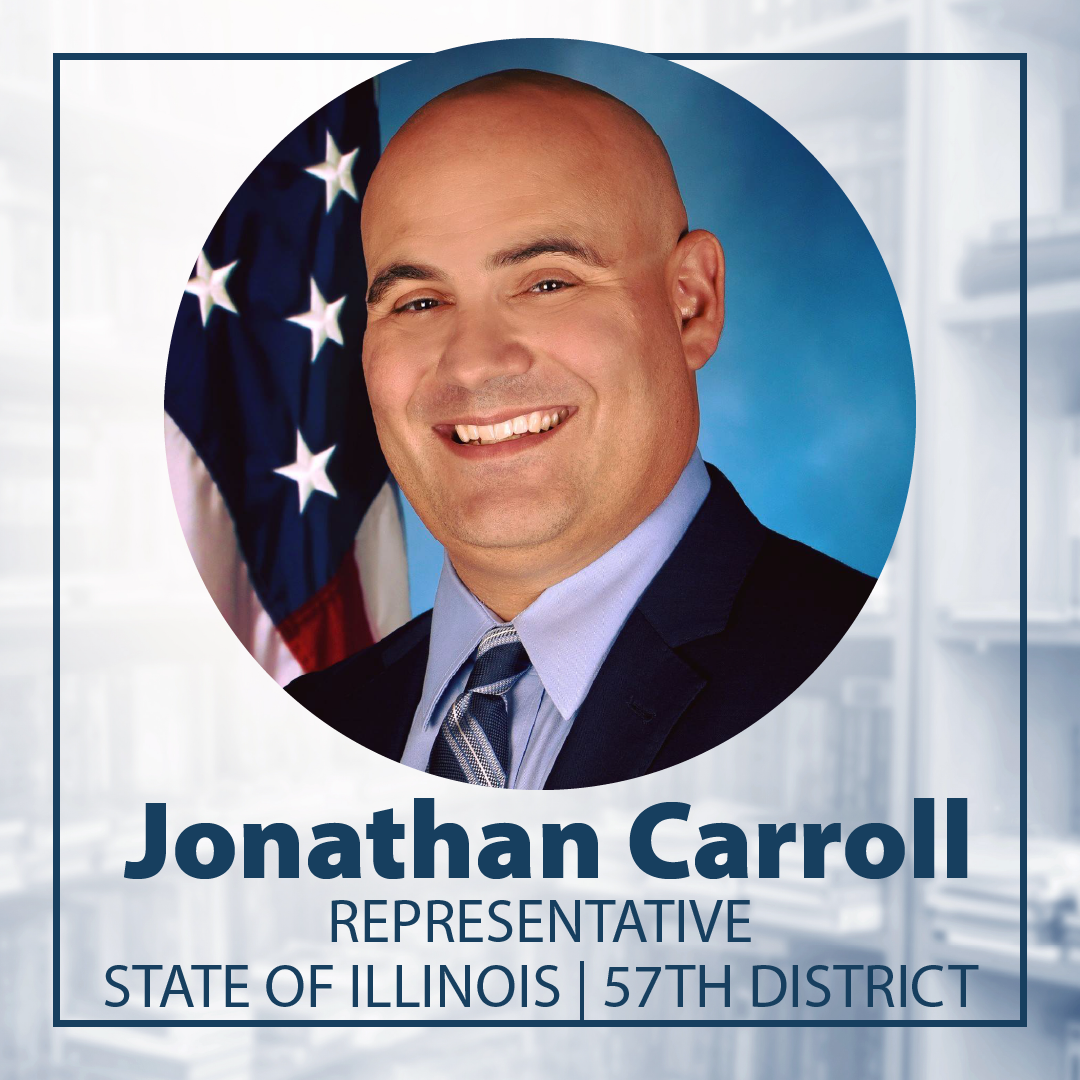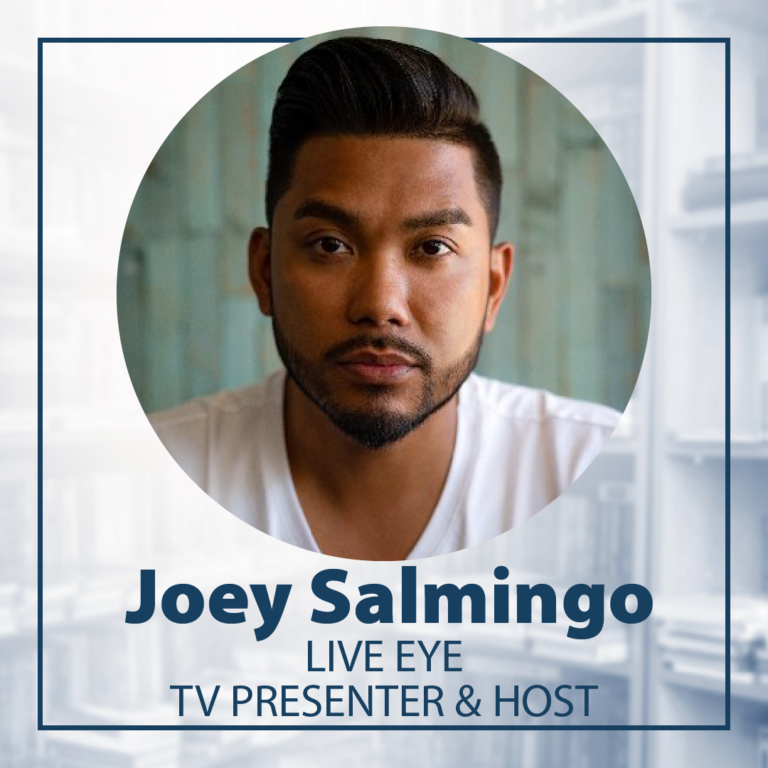Food Laws: Intro to Changemaking
Thank you so much for joining us for part one of our new webinar series, Food Laws: Intro to Changemaking. We hope you learned from our panelists as much as we did and signed off feeling inspired. Here is the breakdown of the hour-long conversation with some quotes and special moments we'd like to highlight. Watch the whole conversation here.
Moderator
Karen Palmer, certified professional coach
Panelists
Representative Jonathan Carroll, 57th District of Illinois
Jen Jobrack, Food Allergy Pros, LLC
Mary Vargas, Stein & Vargas, LLP
Joey Salmingo, FATE Initiative
Rep. Jonathan Carroll starting at 1:30
3:30 Elijah's Law in Illinois.
HB0102 Childhood Anaphylactic Policy Act
4:45 What elected officials can do to educate their colleagues.
Representative Carroll's experience advocating for sesame labeling, epinephrine prices, and gluten disclosure on medications.
6:40 How should a constituent contact an elected official?
Know who your local officials are and who has what role.
Educate yourself on the issue as much as you can.
Reach out! Contact your local official's chief of staff.
"Most importantly, be patient, and be kind." - Rep. Jonathan Carroll
11:40 Collaboration and storytelling in legislation.
Being open and vulnerable in your testimony is vital. You need to be able to come from a place that is educational, not angry. That is how you get people to listen and sign onto your cause. "Humanize the situation." And remember, creating and changing laws takes time.
Jen Jobrack starting at 15:00
15:30 The Advocate's Toolkit.
Where to get started - take a deep breath. Don't jump directly into action without doing your research first. Learn about the issue, know what you want to change, and find the right person to persuade to change it at the level you want it changed (individual, community, state, federal).
17:30 The Advocate's First Steps.
Ask yourself the following questions:
Is the issue you are looking at already handled by a law that is perhaps not being enforced?
Is the thing you are interested in an optional practice?
Who are the people that share your concerns?
Is the matter you are looking at under the jurisdiction of the federal, state, or local government?
What have been the impediments to this change in the past?
19:55 What do "food allergy/celiac disease" laws mean?
A lot of laws around the country 'permit' people to do things; they are not laws that 'require' people to do things.
"You may be in a state that permits your school to stock epinephrine, but they have chosen not to... regrettably, there is not a lot of consequence if they don't [stock epinephrine]." - Jen Jobrack
23:10 The Advocate's Responsibility.
The main takeaways:
As an advocate, the responsibility is on you to get educated and to educate others.
You have to find the missing piece in whatever law, regulation, or policy that affects you.
Finding the fill to that hole is your task and it will take your determination, time, and resources.
Don't go for the easy way out, not if you want lasting, institutional change.
"We have made a tremendous amount of work on food allergy laws, policies, and regulations in the last decade and a half. There is a lot of good news to report; but there is also a lot more work to be done... There is no shortage of work for anyone interested in advocacy." - Jen Jobrack
Mary Vargas starting at 25:38
26:16 How do lawyers decide to take a case?
First, before any law can be litigated, the foundation has to be set. "The first problem in food allergy and celiac litigation was having it recognized that these were disabilities under federal law." That foundation was set around 3 years ago, now lawyers are able to take the next steps.
These are the factors lawyers, such as Mary Vargas, consider when accepting a case:
Can the client tell their story in a way people care about?
not from a place of anger, but from a place of vulnerability
Is this a case I want to work on at 3am?
the story has to get into the hears and minds of listeners (not to mention the jury and judge)
How many people will be impacted by this case's successful resolution?
which lawsuit will improve the lives of the most people?
31:40 If a person decides to take legal action, what should they be prepared for?
"It is incredibly difficult to be a plaintiff in civil rights litigation... it is incredibly difficult to be the one who speaks up and asks for better." - Mary Vargas
Lawsuits are extremely isolating; people try to poke holes in your story and find your weaknesses. Perhaps the worst part is the social repercussions, particularly on social media.
It is our responsibility as the food allergy and celiac advocacy community to support those who are brave enough to go to court to say that we all deserve better. We need to scaffold each other, we need to have each other's backs. These laws will benefit us all.
Food allergy and celiac disease law is civil rights law.
Joey Salmingo starting at 34:53
35:50 Turning a tragic story into active change.
FATE Initiative was founded by Joey Salmingo after his family lost his sister from an anaphylactic reaction to cashews. "We needed to do something, because food allergies kill." - Joey Salmingo
When starting out, Joey wanted to do everything because it seemed like so much needed to be done. But he quickly realized that you cannot do it all. You actually might be able to get more done by doing less. This is what he recommends:
find your niche
use your specific skills and resources you already have
meet people where they are
master your storytelling
find the audience that you can impact
42:36 Why is change so slow?
Everyone in the food allergy community knows what to do and what not to do. Those who are outside of it simply don't know, they never think of it.
So how do you get food allergies and celiac disease to be the top of mind of others? You start at the bottom and work your way up.
"For people who don't have food allergies or have never had to experience it in any capacity, I want to give them more credit. It is not that they don't care, it is just that they don't understand it enough to care." - Joey Salmingo
GROUP DISCUSSION
46:43 Where are there still gaps in food allergy and celiac disease law?
Mary Vargas:
safe access to food in institutional settings (hospitals, retirement communities, jails & prisons)
"What lawsuits do is grab attention that this is an issue and we need to rally around this and do better."
Jen Jobrack:
enforcement of regulations (consequences are poorly defined)
"A lot of restaurants do the cost-benefit analysis and decide that they are not going to comply [to food allergy and celiac regulations]." The cost of the consequences is not high enough for them.
the food-allergic employee (a generation of young professionals who grew up with food allergies are now entering the workforce)
What is the role of the employer in ensuring their employees can participate fully and successfully in whatever their business enterprise is, be it traveling for work, going to conferences, or eating food that is provided within the workplace.
antipathy toward food allergies
"It is a life-threatening disease that isn't recognized as a life-threatening disease."
The treatment of food allergy is occasionally the inconveniencing of others, and that can start the dislike and distrust of people with food allergies.
52:33 How do we get restaurant staff to care about food allergies and celiac disease?
Joey Salmingo:
"Throughout the course of my career, even though I was growing up with a food-allergic sister, I didn't care. When I was working, I didn't care. If I got a ticket that said, 'Cook this chicken dish, allergy to peanuts,' I would be like, 'Oh, great. Well, make sure you don't kill this guy.' That is unfortunately still the way it is today." - Joey Salmingo
In order to get restaurants to care, you have to meet them at their level. You have to stress to the employees that this is their responsibility, and that food safety is a part of the job they are being paid to do. The moment you take a shortcut is the moment things might go very wrong. The physical, emotional, and legal ramifications will not have been worth not listening in food safety training.





